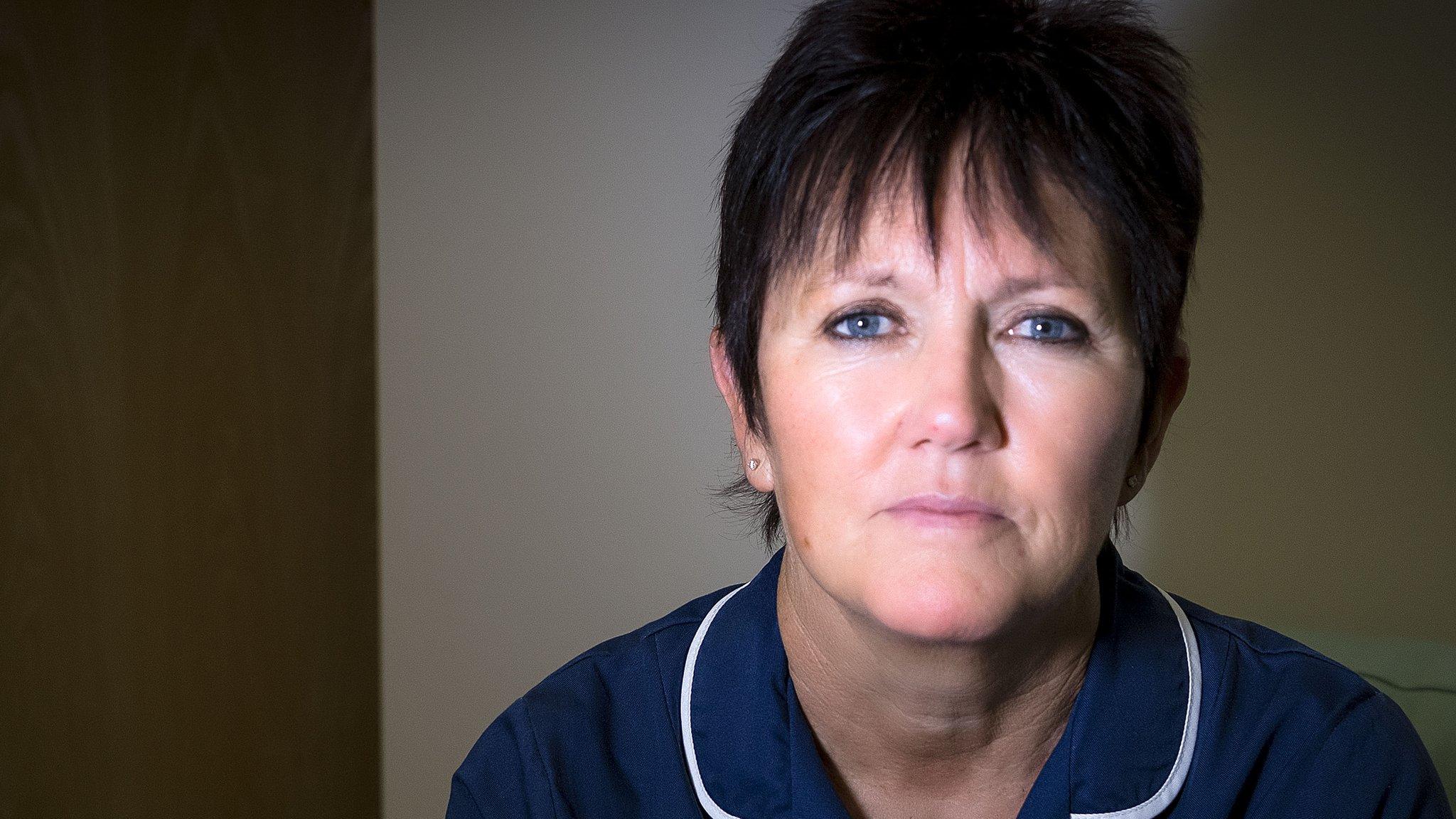The midwife helping bereaved parents create memories
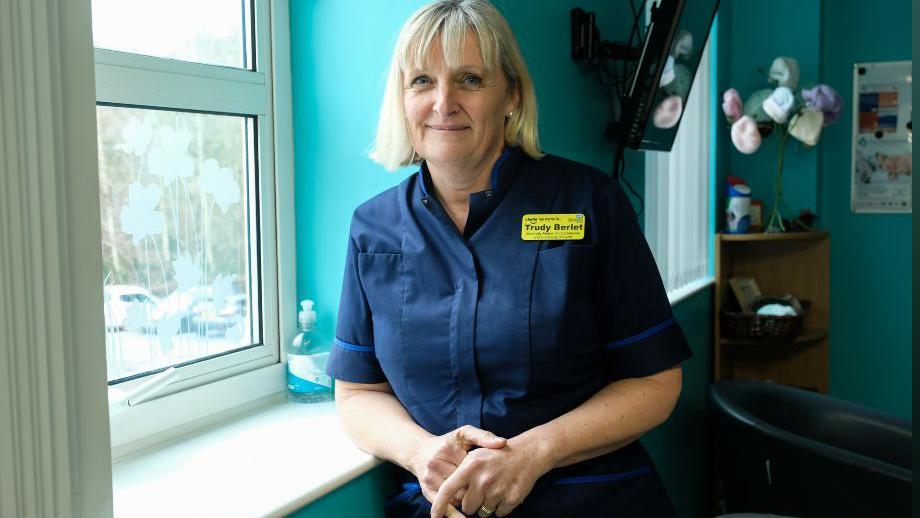
Trudy Berlet said she was "in complete awe" of the parents she worked with
- Published
A rising number of NHS hospitals have hired specialised bereavement midwives in recent years, to support families who lose a baby during pregnancy or soon after birth.
Trudy Berlet’s patients have often remained in touch with her for years after having their babies – but they never have updates about those children to share with her.
These families saw her “as a link to their baby who has died”, she said.
Ms Berlet is a bereavement midwife and has helped hundreds of families who have lost a baby.
The role saw her often work with parents who lost a baby during pregnancy and have to deliver a stillborn or miscarried infant.
Bereavement midwives help them prepare for labour and, if they wish to, spend time with their baby afterwards in a process called “memory-making”.
The process can involve holding and dressing the baby as well as taking photos and making handprints.
“You might not want these [things] at the time, you might stow them away, but they're always there if you ever want to go back to them,” said Ms Berlet.
She added she would never forget one bereaved mother who told her she had suddenly realised at her baby’s funeral she did not have a photo of them together.
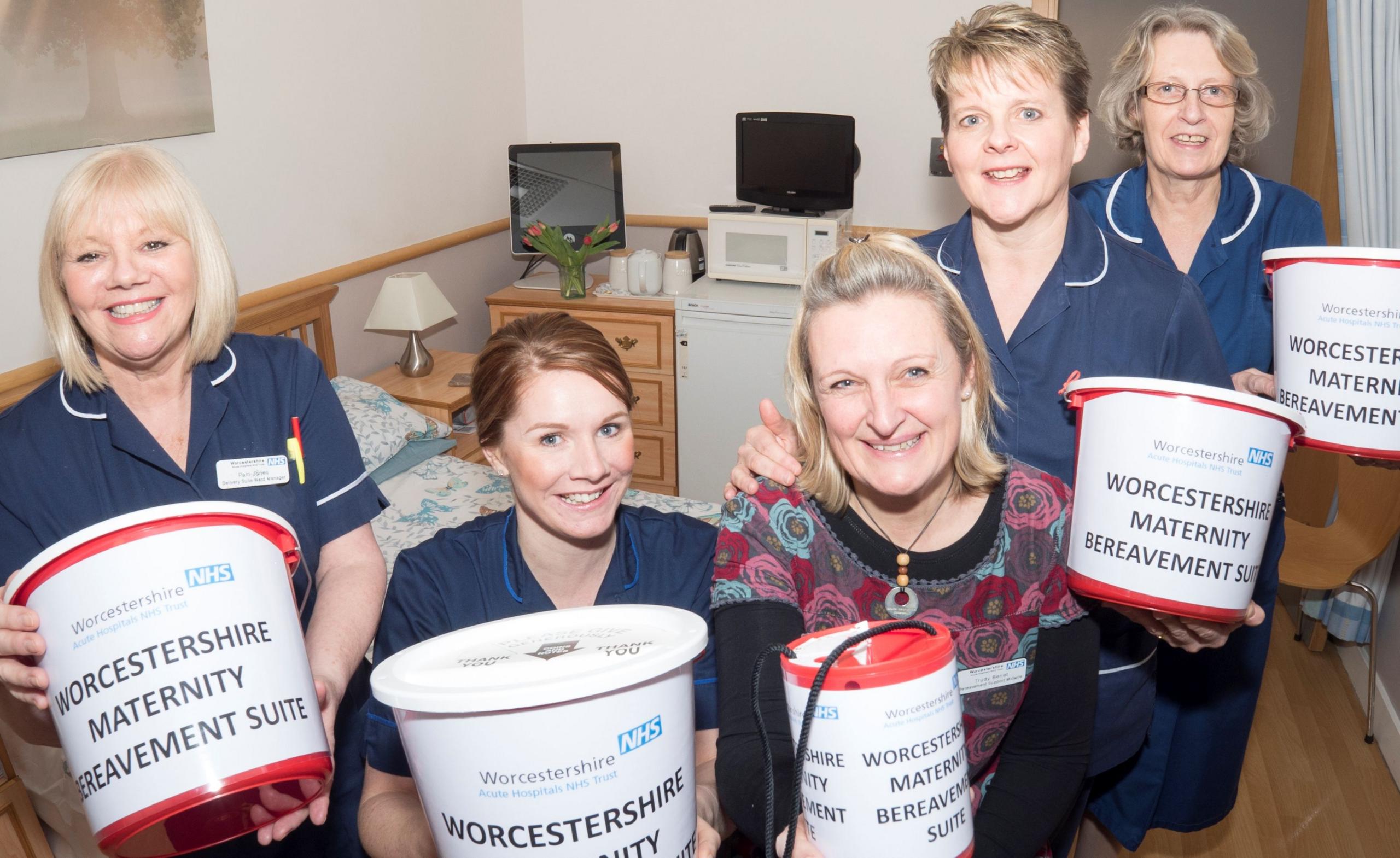
Ms Berlet led a fundraising appeal for specialised rooms at the Worcestershire Royal Hospital for families who lose a baby
In recent years, celebrities such as the singer Lily Allen and the model Chrissy Teigen have spoken publicly about their experiences of baby loss while some employers have started offering paid leave for staff who suffer this trauma.
Ms Berlet became Worcestershire Royal Hospital's first bereavement midwife 10 years ago, when she said the role was still relatively unusual.
She said it soon became clear she had “scratched the surface” of an area where local families needed more support.
“People often don’t understand [baby loss] or understand what families have been through,” she added.
Ms Berlet said bereaved parents have opened up to her about feeling they must have done something to cause their baby loss - as well as struggling to see friends with babies.
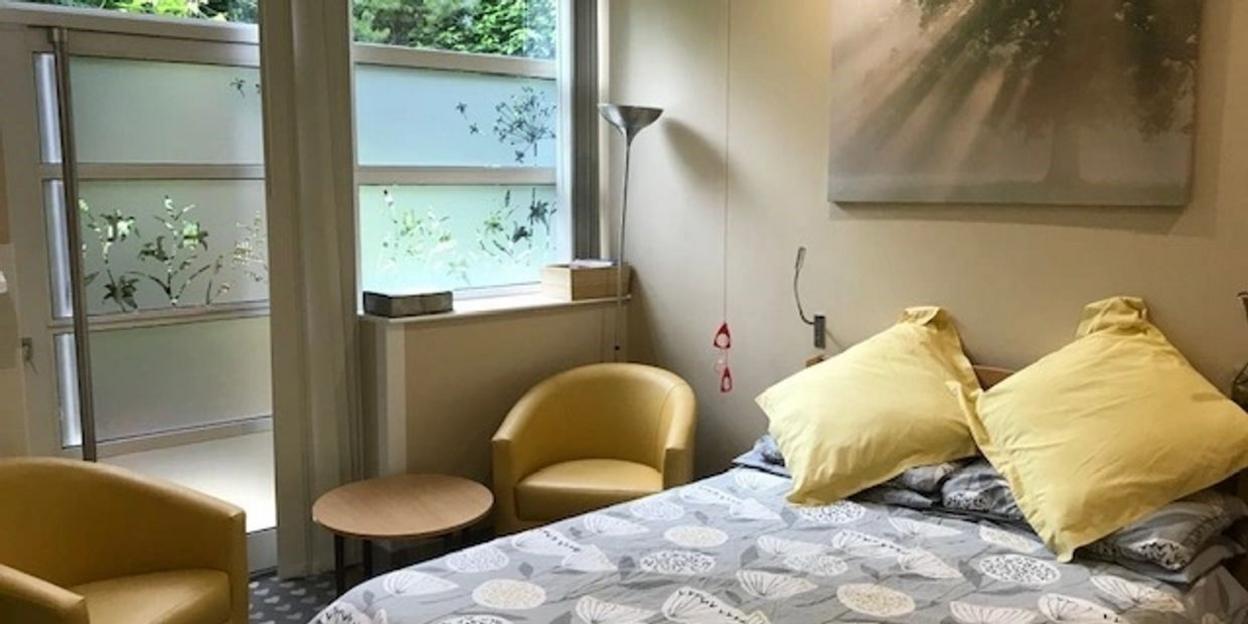
Worcestershire Royal Hospital has two upgraded maternity bereavement rooms, following Ms Berlet's fundraising.
She decided to become a bereavement midwife while training to be a couples’ counsellor because she often saw people who were struggling to cope after losing a baby.
“I suddenly thought: ‘I could be doing more as a midwife, at the time when it's actually happening’,” she said.
In the role, midwives continue to support parents after a delivery, partly by helping them to consider practical issues such as funerals and post-mortem examinations.
Ms Berlet said she and others in the roles often checked in with parents for months to see how they were coping emotionally.
Many hospitals in the West Midlands have hired more bereavement midwives in recent years, as awareness about baby loss support has grown.
University Hospital Coventry has four compared to two in 2016 while the Royal Stoke University Hospital has two, a rise from one in 2020.
NHS England does not keep national data on the number of bereavement midwives in the country.
But the National Bereavement Midwives Forum, which started in 2013 with six members, now has almost 340 members.
Several NHS hospitals have in recent months installed or upgraded maternity bereavement rooms, which are secluded spaces for parents who deliver stillborn or miscarried babies.
Birmingham Women’s Hospital opened a £3m standalone bereavement centre last week while Nuneaton’s George Eliot Hospital opened its upgraded rooms in December.
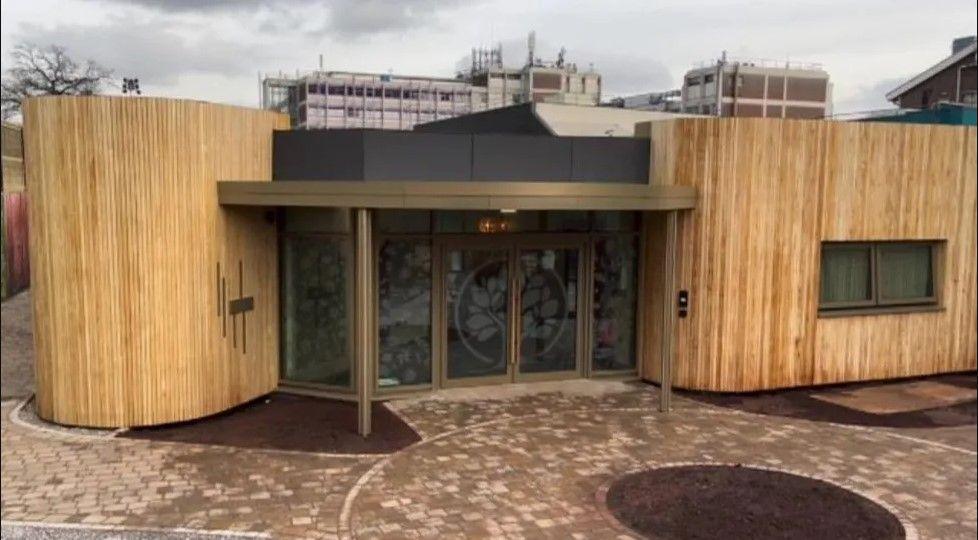
Woodland House, at the side of Birmingham Women's Hospital, was opened by bereaved families earlier this month
Over her 10 years, Ms Berlet helped build a team of three midwives as well as leading a fundraising appeal for such specialised rooms at the Worcestershire Royal Hospital.
She has since moved into a management role and was awarded an MBE in the New Year Honours for her work.
The honour was a shock, she said but she hoped it would help to put bereavement midwifery “on the radar” and show its huge value for families.
While Ms Berlet’s job often entailed being surrounded by “extreme sadness”, she said she had also seen people at their most inspiring, as parents rebuild after a death.
“I'm in complete awe,” she said.
If you have been affected by issues raised in this story, the following organisations are on hand to help:
Sands - Stillbirth and neonatal death charity: 0808 164 3332 or helpline@sands.org.uk
Tommy's - miscarriage, stillbirth and premature birth: 0800 014 7800 or midwife@tommys.org
Miscarriage Association: 01924 200799 or info@miscarriageassociation.org.uk
The Lullaby Trust - Sudden infant death syndrome charity: 0808 802 6868 or support@lullabytrust.org.uk
Follow BBC West Midlands on Facebook, external, X, external, and Instagram, external. Send your story ideas to: newsonline.westmidlands@bbc.co.uk, external
Related stories
- Published8 February 2024
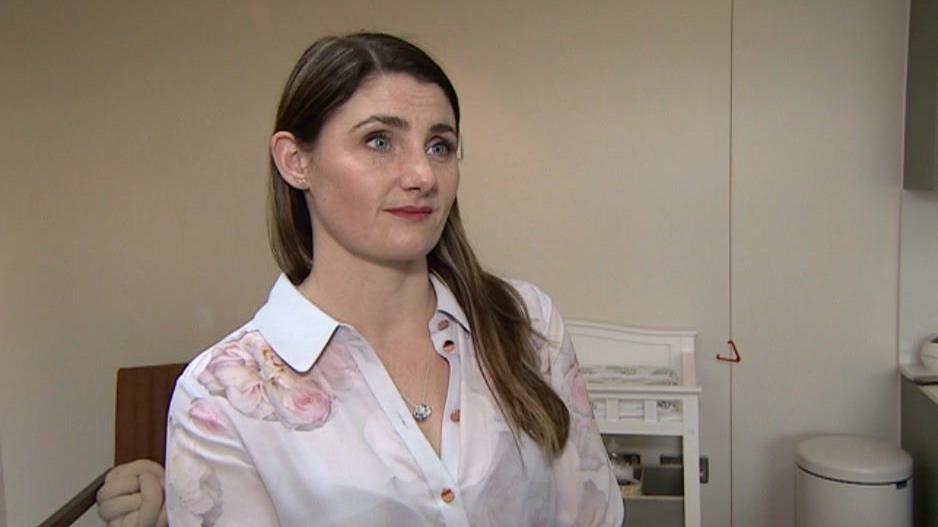
- Published21 December 2023
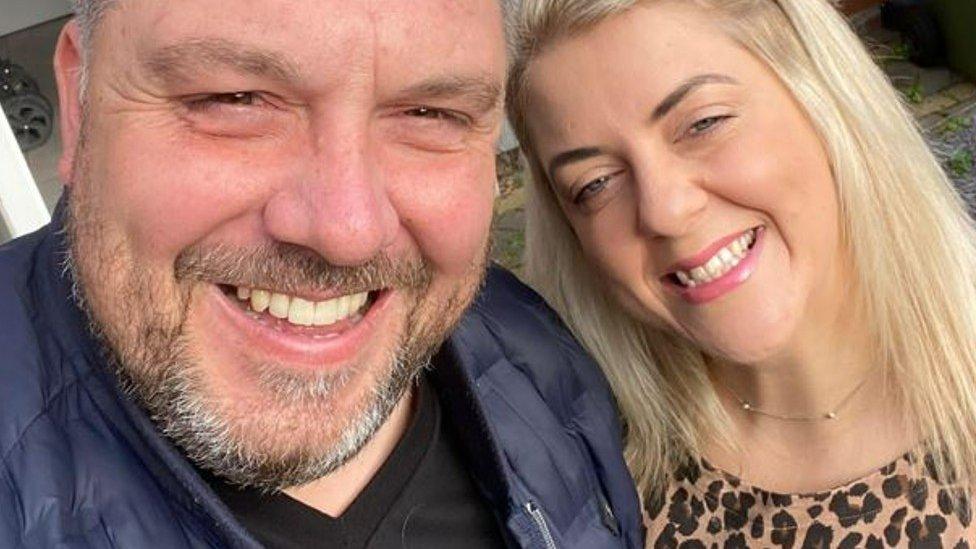
- Published22 July 2023
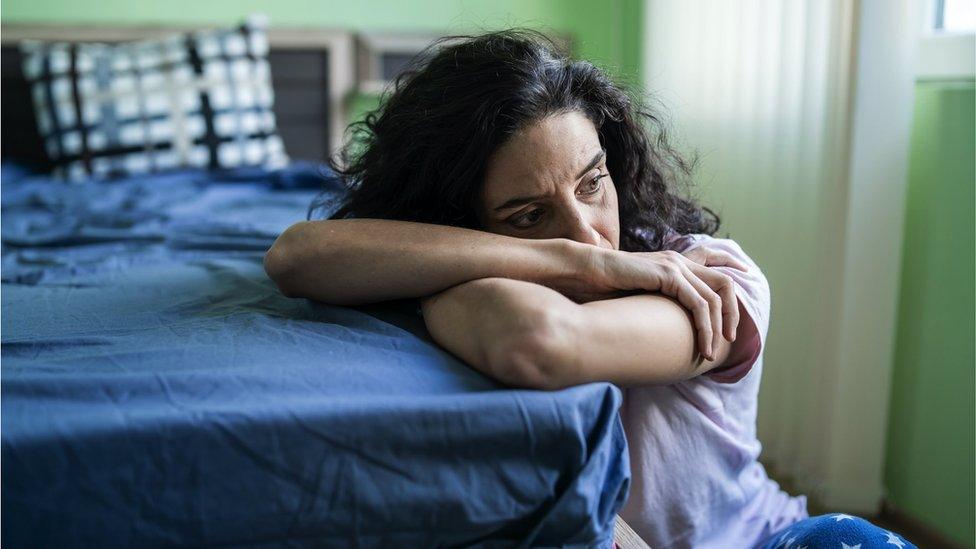
- Published21 May 2019
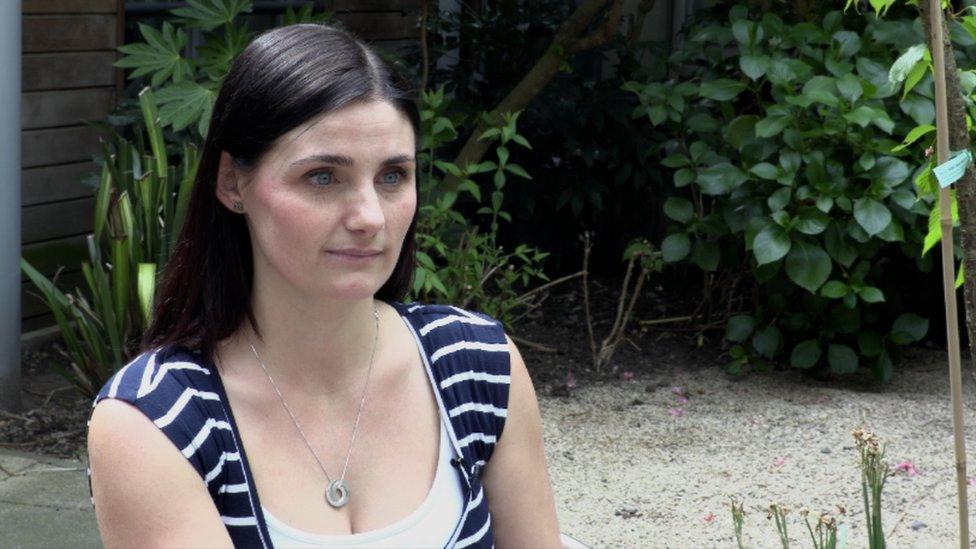
- Published23 October 2016
